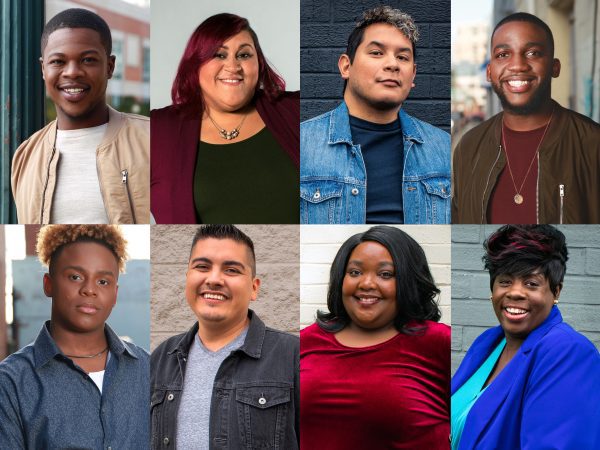If you are among the record number of Americans losing jobs and employer-based coverage, or did not have health coverage before the coronavirus (COVID-19), Greater Than AIDS reviews some options for people living with HIV, and others, for getting and paying for health care:
The Ryan White HIV/AIDS Program and AIDS Drug Assistance Program (ADAP)
The Ryan White HIV/AIDS Program works with health departments and local community-based organizations to provide HIV medical care and other support services for people living with HIV who have no insurance, need certain services their insurance doesn’t cover, or have problems paying.
The Program covers outpatient HIV care and treatment for those without health insurance and helps fill coverage gaps for those with insurance. The Program provides both core medical services – including HIV treatment, mental health, and dental care – as well as other essential support services – including transportation, nutritional assistance, short-term housing, and case management. It may also be able to help with the cost of things like insurance premiums, cost-sharing, and the cost of medication. Find Ryan White providers near you.
The AIDS Drug Assistance Program or ADAP, which is part of the Ryan White Program, helps provide access to HIV medications. Programs cover the cost of HIV-related prescription medications for low- to moderate- income people who have limited or no prescription drug coverage. All states also use ADAP funds to help clients pay for the cost of health insurance. However, each state operates its own ADAP, so the type of insurance supported (e.g. private insurance, Medicare, etc.) eligibility, and the types of costs covered (e.g. premiums, deductibles, cost-sharing, etc.) may vary from state to state.
Your local Ryan White / ADAP program can help you figure out what is available to you and the best options for getting access to care and treatment. In view of the new coronavirus, some states are making eligibility procedures more flexible to allow for social distancing among clients and staff. Whether new or returning, you can ask about appointments by phone or video, and may be able to submit documents electronically if local regulations allow. Also, having at least a 30-day supply of medications is recommended. Check with your health plan to find out how they might help ensure continued access to treatment during this time.
The Affordable Care Act (ACA)
The Affordable Care Act, or ACA, allows people who do not have coverage through an employer to buy their own health insurance.
Open enrollment under the ACA – when individuals can buy or switch health insurance plans in the marketplace – is typically limited to a specific time period during the year, unless there are certain special circumstances.
People who lose their job and with it their employer-sponsored insurance, as well as those in other special circumstances, may be allowed to enroll outside of the open enrollment period. If you anticipate a coverage loss, you can apply for special enrollment in the ACA up to 60 days in advance.
In response to COVID-19 in the U.S., a number of states have opened enrollment to allow people to purchase insurance through the health insurance marketplaces outside of the typical open enrollment period.
Use this locator to find your state’s marketplace website for more information.
Those with low to moderate incomes may qualify for federal subsidies to buy a new plan through the marketplace. In some cases, you may pay no premium at all.
Additionally, some people may become newly eligible for Medicaid. Eligibility is typically determined based on monthly income, so people completely out of work or losing hours may newly qualify. Enrollment in Medicaid, if eligible, is ongoing throughout the year.
Plans purchased through the ACA marketplace cannot terminate or deny coverage or charge you more due to health status, including diagnosis or treatment of COVID-19 or HIV.
Medicaid
Medicaid is the nation’s health insurance program for people with lower incomes who are U.S. citizens or legal residents for at least five years.
In states that have “expanded” their programs, you can qualify for Medicaid based on having a low income. Find out if you live in a Medicaid expansion state.
However, some states require you to have a low income and fall into another specific category, such as having a disability, being pregnant, or being parents of dependent children. Some people with HIV qualify for Medicaid if their condition has progressed and they have been diagnosed with AIDS and been deemed permanently disabled.
You can apply and enroll in Medicaid any time of year.
